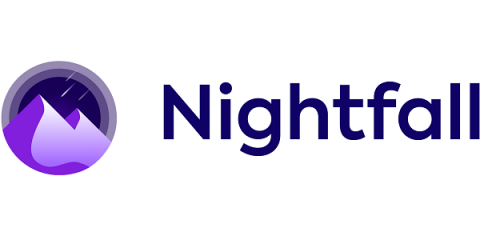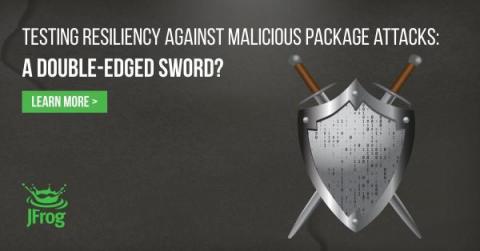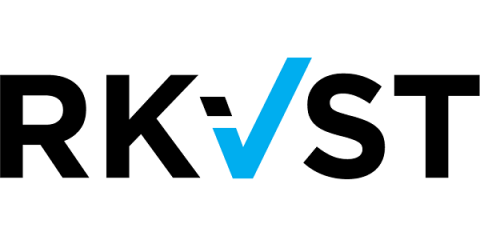Current Cyber Security Trends Pt1
As we pass the halfway point of 2022, it’s worth taking a look at the current trends which have been present within the cyber security world and what to look out for in the future. Being aware of trends allows organisations to plan for the future and put processes or defences in place before they’re required.











